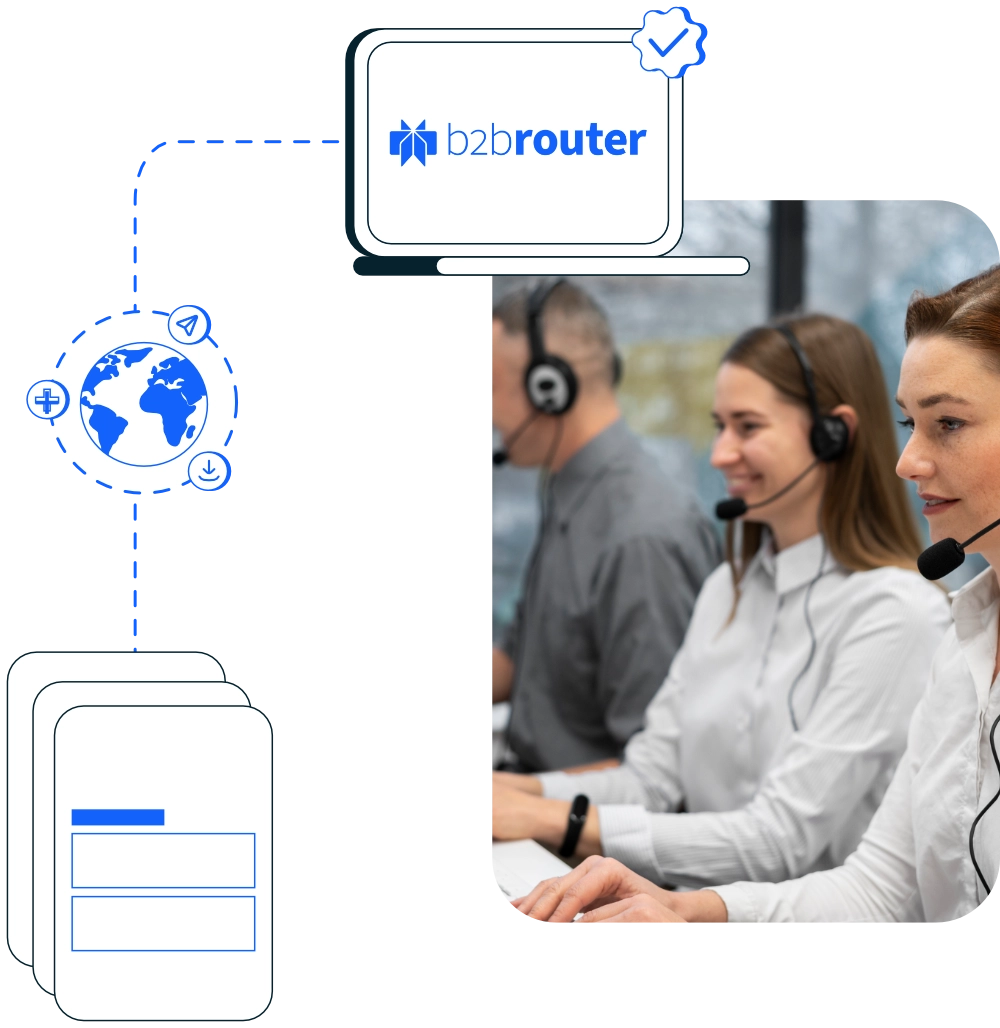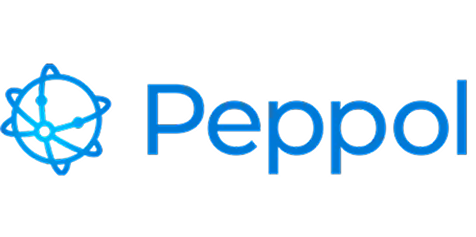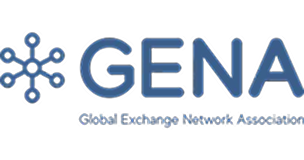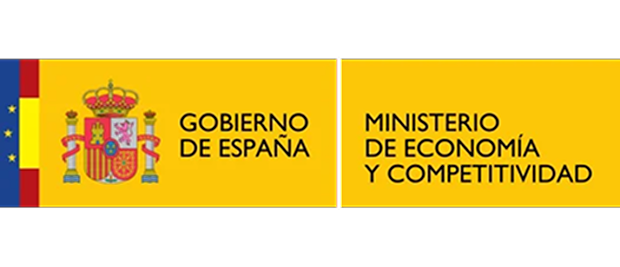In Slovenia, electronic invoicing has been mandatory for all transactions with public administrations (B2G) since January 1, 2015. Suppliers must use structured formats like e-SLOG 2.0 or Peppol BIS 3.0, and submit invoices through the national UJP portal. For business-to-business (B2B) operations, e-invoicing is still optional, but it will become mandatory on January 1, 2027. Another key milestone is July 1, 2025, when all VAT-registered businesses must start submitting electronic VAT reports via e-Davki, the official online tax portal operated by the Financial Administration of the Republic of Slovenia (FURS).
To help small businesses comply, the government offers a free online portal (UJP eRačun) for those issuing up to 60 e-invoices per year to public entities. Companies exceeding this limit must connect their systems directly to the public platform or work with a certified e-invoicing service provider, such as B2Brouter. As an authorized Peppol Access Point, B2Brouter supports both small and large businesses with a fully compliant solution that ensures seamless integration and data security.
The next sections cover the most relevant dates, legal obligations, and technical standards you need to know to operate in line with Slovenia’s e-invoicing framework.
Important dates
June 30, 2026
Expected publication of final technical specs for B2B e-invoicing. Subject to updates.
Jan. 1, 2027 (confirmed)
Mandatory B2B e-invoicing begins. All businesses in the PRS register must issue and receive structured e-invoices.
Legislation
- Mandatory B2G invoicing
E-invoicing is mandatory for all public sector transactions since 2015. Invoices must be sent via the UJP portal.
- Accepted formats:
Invoices must follow e-SLOG 2.0 or EN 16931-compliant formats, including Peppol BIS 3.0.
- Delivery channels
Small suppliers (under 60 B2G invoices/year) may use the UJP portal. Others must use certified providers like B2Brouter.
- Regulating authority
The Financial Administration of the Republic of Slovenia (FURS) oversees invoicing and compliance.
- Archiving requirements:
E-invoices must be archived electronically for at least 10 years and remain accessible and readable. B2Brouter meets this legal requirement.
- VAT e-reporting
As of July 2025, invoice data must be reported electronically through the e-Davki portal.
B2B mandate in 2027
Structured e-invoicing will be mandatory for all B2B transactions starting January 1, 2027.
Penalties
Fines range from €100 to €3,000 for issues like failing to archive properly or rejecting valid formats.
Voluntary B2C invoicing
B2C e-invoicing is optional and allowed only with the consumer’s prior consent.
Send e-invoices to Slovenia securely with B2Brouter
Certified and fully compliant
B2Brouter is a certified Peppol Access Point and complies with Slovenian e-invoicing rules and EU standards.
Seamless ERP integration
Connect your accounting or ERP system easily to B2Brouter to automate invoice creation and delivery without changing your tools.
Cross-border invoicing made simple
Use a single platform to manage e-invoicing across Slovenia and other compliant EU countries.

Certifications
B2Brouter is certified with the ISO 27001 standard on information security management, certified as a Peppol Access Point Service Provider and a member of the EESPA.





